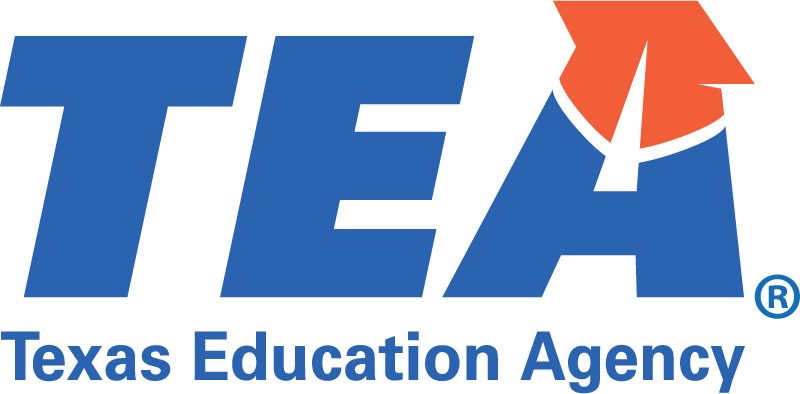Texas Charter Schools Must Submit A Statement Assuring They Won’t Teach CRT
The state of Texas continues its fight against teaching critical race theory (CRT) in schools. They first took aim at public schools, but now, the Texas Education Agency (TEA) has its sites on charter schools. The TEA is now requiring any new charter school to submit a “statement of assurance” that CRT will have no place in their school, and they will follow CRT laws before their doors open to the public.

The state of Texas continues its fight against teaching critical race theory (CRT) in schools. They first took aim at public schools, but now, the Texas Education Agency (TEA) has its sites on charter schools. The TEA is now requiring any new charter school to submit a “statement of assurance” that CRT will have no place in their school, and they will follow CRT laws before their doors open to the public.
Two CRT “laws” were passed by Texas lawmakers last year, both designed to moderate what teachers are allowed to discuss in the classroom. The first bill was titled House Bill 3979, which was replaced by the current Texas law, Senate Bill 3. Although the term “critical race theory” is not seen in either bill, most conservatives call the bill anti-critical theory laws.
“As part of the routine contingencies of the charter application process, TEA included a general contingency for all approved Generation 26 applicants that they submit a statement of assurance that the school design and curricular materials are aligned with the TEKS including all clauses of HB 3979 and any subsequent related legislation,” TEA said to The Texas Tribune. They were referring to the Texas Essential Knowledge and Skills, a set of standards that detail what students learn in each grade or course.
The new “statement of assurance” was first required for all charter schools that were scheduled to open their doors in August. TEA has not yet announced if this new requirement would be for any charter schools opening beyond the August timeframe. They also did not go into detail about why the new statement of assurance on CRT was needed. TEA did not say if they have plans to include all charter or even public schools in the new requirement.
Chalkbeat, an education news outlet, reported back in January about a new San Antonio charter school application being approved but then put on hold because the school included a quote from author Ibram X. Kendi’s book How to Be an Antiracist on its application materials as well as its website. The new charter school, Essence Preparatory, was on the cusp of gaining TEA’s final approval to open its doors when the agency told them to slow down a bit. The TEA told the school they were in violation of the new Texas law limiting how race and slavery can be taught as their website included “statements, authors, or written works” that fell into those categories.
The new Texas law, SB 3, says a “teacher may not be compelled to discuss a widely debated and currently controversial issue of public policy or social affairs.” What this law doesn’t say, or define, is what makes a “controversial issue.” If teachers are to engage in these types of classroom discussions, they must “explore that topic objectively and in a manner free from political bias.”
The new law, though, goes even further with its efforts to root out perceived CRT teaching in schools. It says that teachers cannot teach the history of slavery in America as it contributes to the “true founding of the United States.” SB 3 also says that while discussing slavery in schools, students must be taught that it was nothing more than a departure from our nation’s foundation of liberty and equality.
Some don’t think SB 3 is doing enough. In fact, Lt. Governor Dan Patrick feels so strongly against CRT in Texas schools, he isn’t stopping with just public and charter schools. He also has his sights on removing it from Texas public colleges and universities.
This new TEA “assurance” is leaving a bitter taste in the mouths of some. Brian Whitley is the vice president of communications and research at the Texas Public Charter Schools Association, says he has never heard of an instance where charter schools had to provide a statement of any kind, much less CRT, that they would follow Texas laws. “It’s sort of a moot point,” he complained to the Texas Tribune. “Just like ISDs, public charter schools in Texas follow all state laws that apply to them.”
But Mark Wiggins, a lobbyist for the Association of Texas Professional Educators, feels that this is how the TEA holds charter schools accountable for their actions. Whereas school boards and the taxpayer have their say for public schools, charter schools must answer to the TEA. “Charters need to be held to the same level of accountability as traditional public schools,” Wiggins said.
So, is CRT being taught in Texas schools, or isn’t it? What about other schools across the nation? The proof looks to be in the pudding as time and again parents have shown evidence that it is. Many states have now taken to legislation to halt the teachings and Texas is simply one of many leading the way.



